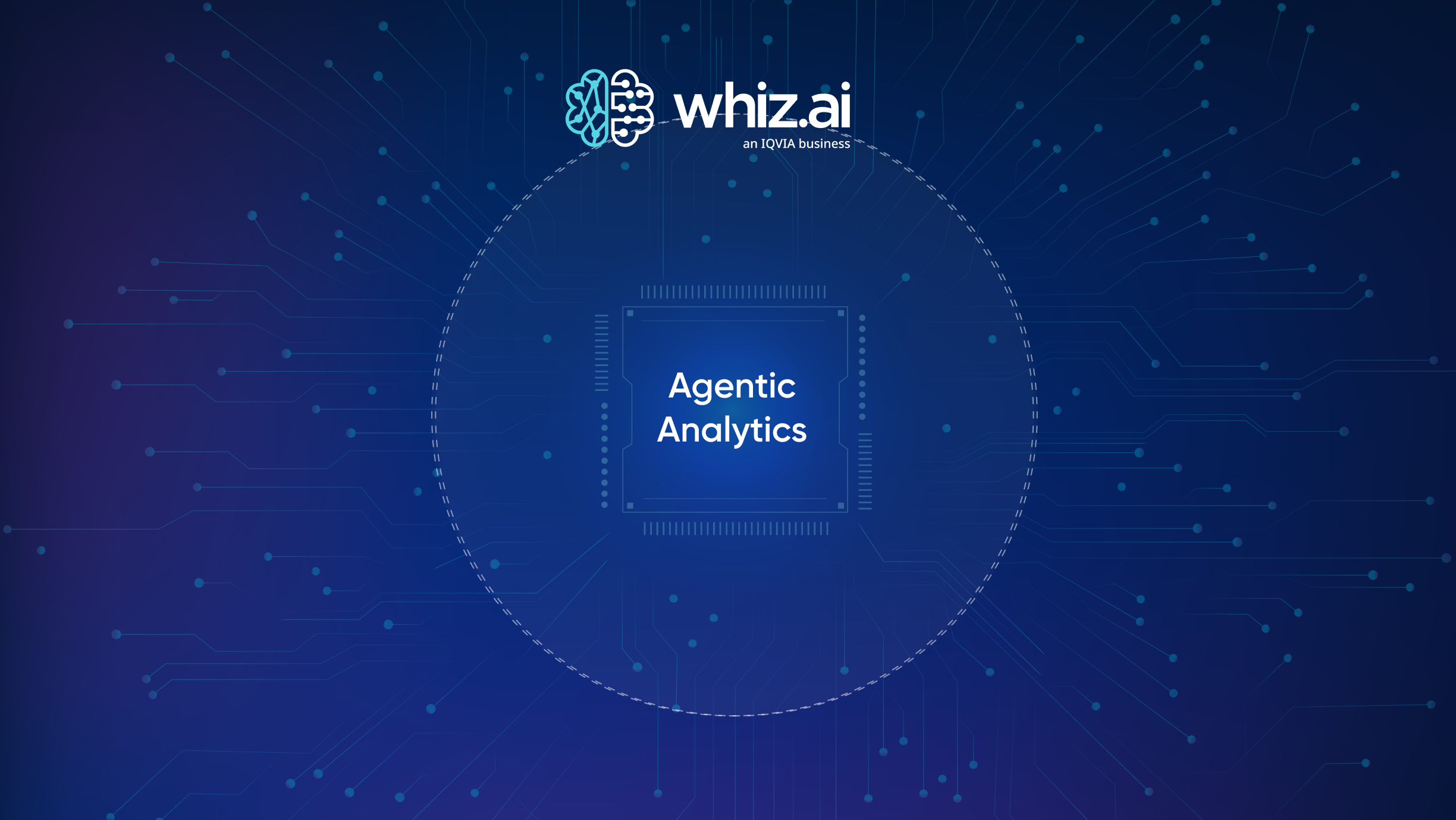The Benefits of AI and ML for Pharma Customer Engagement


In the highly competitive pharmaceutical industry, data analysis is essential for gaining market share. Information at the healthcare provider (HCP) level, such as prescriptions and competitive brands’ performance, can help reps tailor presentations for the best outcomes. However, the challenge has been in giving field teams access to easily consumable insights on demand. The panel discussion during the PMSA webinar, “Role of AI/ML in Commercial Insights and Customer Engagement,” presented by WhizAI, highlighted how technological advancements overcome that challenge.
Manesh Naidu, a technology consultant with a focus on data and analytics, explained that while analytics solutions previously provided insights to headquarters teams, pharmaceutical companies are now using analytics to provide insights to people who make customer engagement decisions.
“When preparing for a conversation, physician-level insights are important, especially if you can provide them in the moment. We are there now,” he commented.
Naidu added that tools must meet two criteria to be valuable - a)they must be easy to use so that field reps can access data wherever they’re working, and b) the insights they provide must be contextual.
Dharmesh Thakkar, Sr. Director of Commercial Operations and Head of Data Analytics at Janssen Pharmaceuticals, explained sales reps could communicate a formulary change, for example, however sharing that information related to the population a healthcare provider interacts with will be much more impactful.
“The past model was frequency, to drive the same message over and over,” he said. “Now the model is to tailor messages to decision makers, accounts, and patients, driving value across all stakeholders.”
Stuart McGuigan, Senior Advisor, McKinsey & Company, added that new data analytics tools also provide organizations with insights into how their actions are affecting market share. He commented
“Once people on the front lines see they can trust its recommendations, it is self-reinforcing, and they’ll become hungry for those insights.”
Using AI/ML to Enhance Customer Engagements
Thakkar explained that the complexity of the pharmaceutical and healthcare spaces has created volumes of data never seen before. “It’s humanly impossible to deal with this level of data,” he commented. “Continuing to build dashboards won’t solve it.”
Artificial intelligence (AI) and machine learning (ML) provide the solution, with the descriptive as well as predictive and prescriptive analyses that will help sales teams focus their efforts and enhance customer engagements.
McGuigan said, however, that some organizations that attempted to implement AI/ML didn’t see results and may have even disbanded their programs. He said that to see value, businesses need a clear idea of what they want to accomplish, for example, greater speed to insights or overcoming the constraints of limited resources. Working backward from the objective will help an organization implement the right technology with the right precision to drive the desired results. Regarding buy-in and adoption, he also suggested, “Start small, focus, be clear on what improved, then show how you did it. Let the results speak for themselves. Trying to do too much and make it too big before you show value has always been a failure model,” McGuigan added.
Naidu added that another factor in successful AI/ML implementations is the number of data sources connected to the platform. With a straightforward question, it’s easy for pharma companies to know where the answer lies. But with complex questions, it isn’t necessarily obvious which data sets will reveal the most valuable insights. The more data sources you connect, the more likely you are to find the deepest insights.
Thakkar stressed, “We talk about volume, but quality is very important. Otherwise, the machine is learning the wrong things.” Any implementation must ensure high-quality datasets.
How AI/ML Elevates Life Science Data Analytics
The panel discussion concluded with a discussion of the impact artificial intelligence and machine learning are having on analytics in the life sciences industry.
McGuigan said he’s most excited about conversational AI that allows people to ask questions in natural language. For example, a sales leader can ask who are the best reps, which are challenged, and the key differences between them. Then, the leader can drill down into reasons. “AI is answering and asking, furthering the conversation,” he said. It’s a more natural way to interact with the analytics platform and embed it into day-to-day work.
He said life science teams will start to worry less about the technology behind the insights and build data insights into their workflows. “We can’t imagine life without video conferencing and texting,” McGuigan commented. “We won’t be able to imagine decision making without data analytics insights.”
For more information and insights, watch the PMSA webinar, Role of AI/ML in Commercial Insights and Customer Engagement, on demand.


Subscribe to our blog








.png)






.avif)



.png)